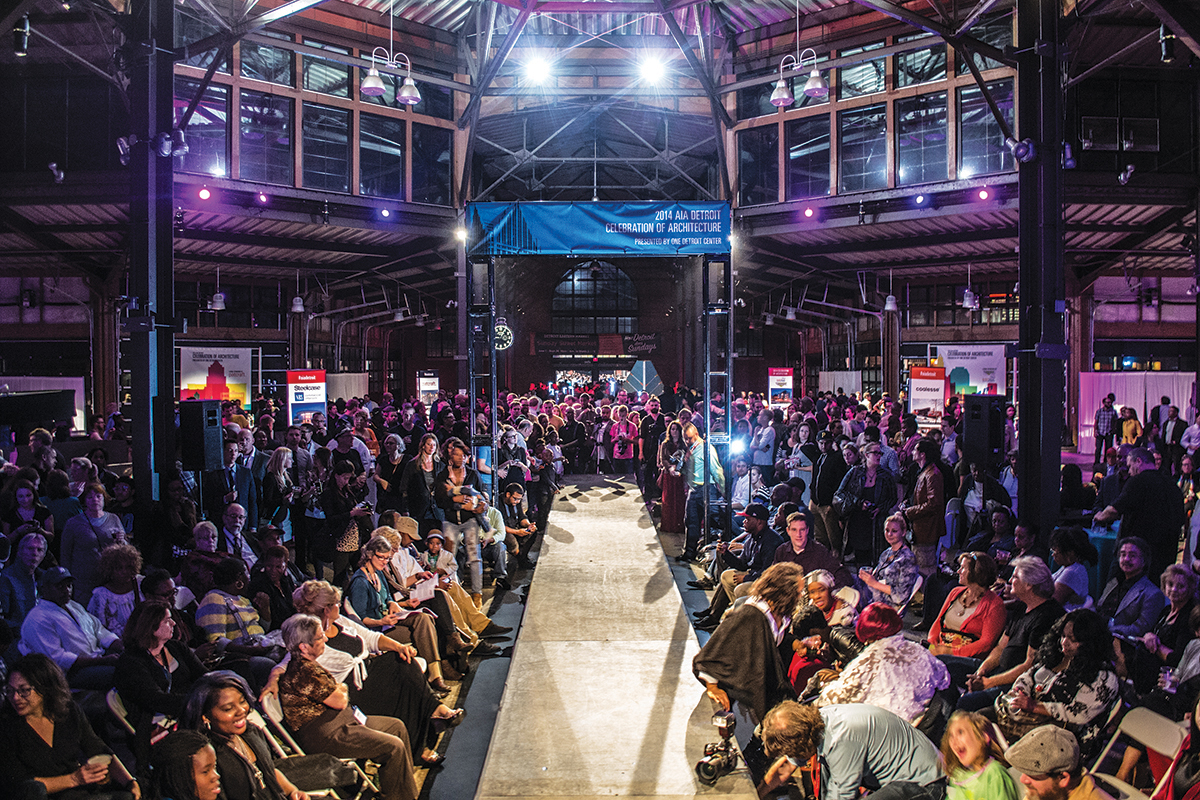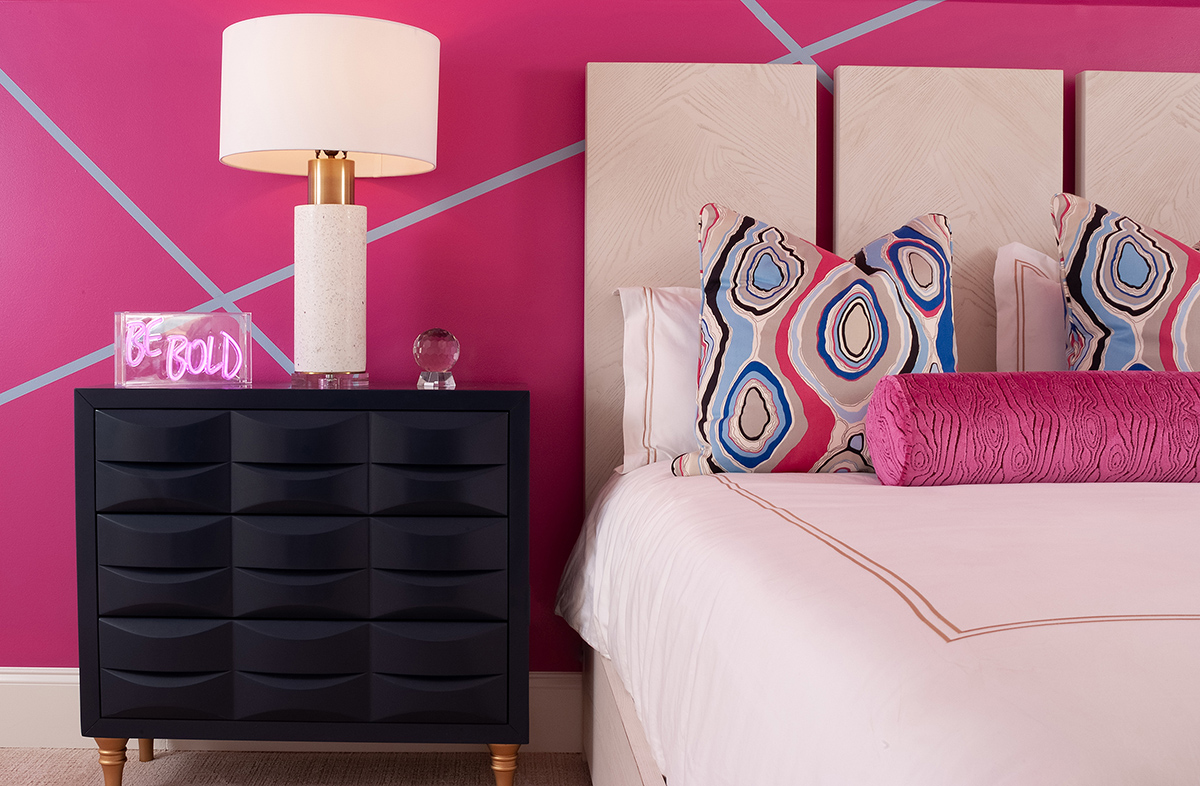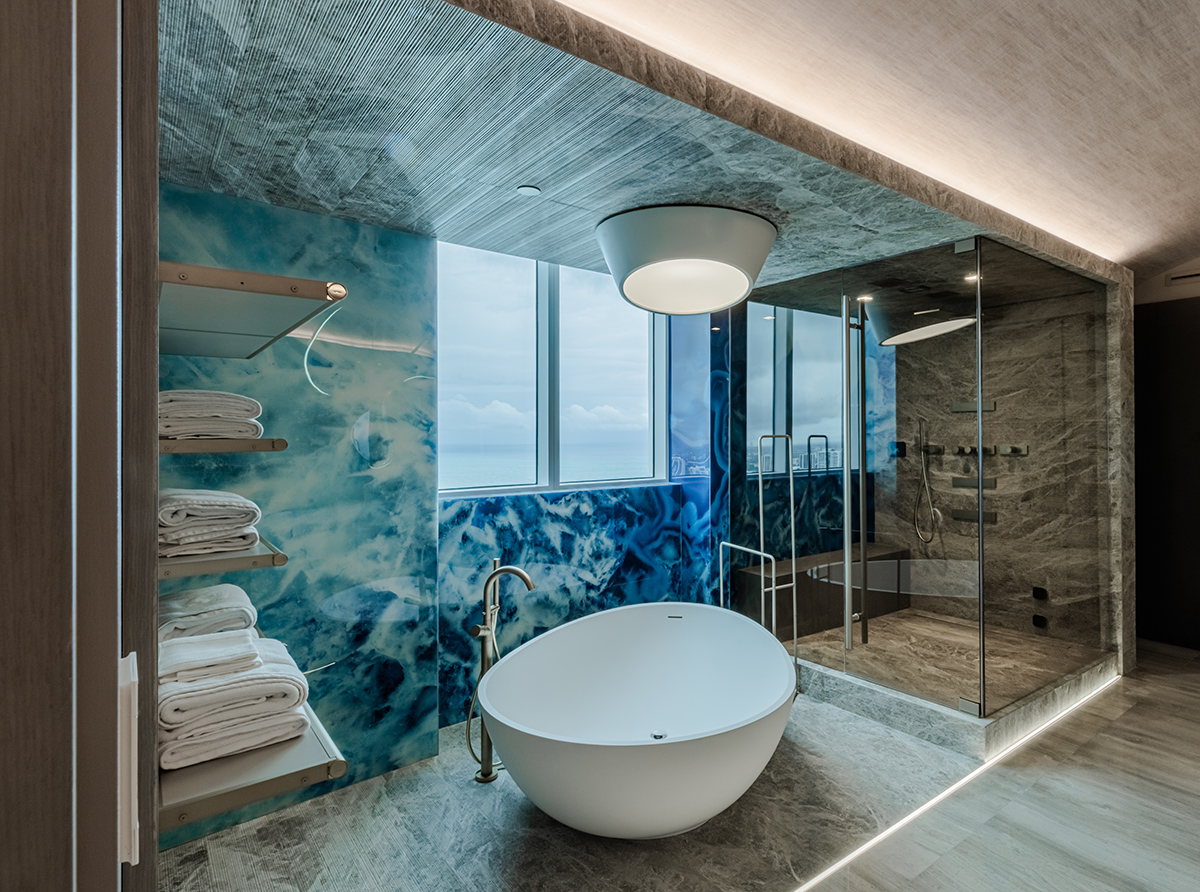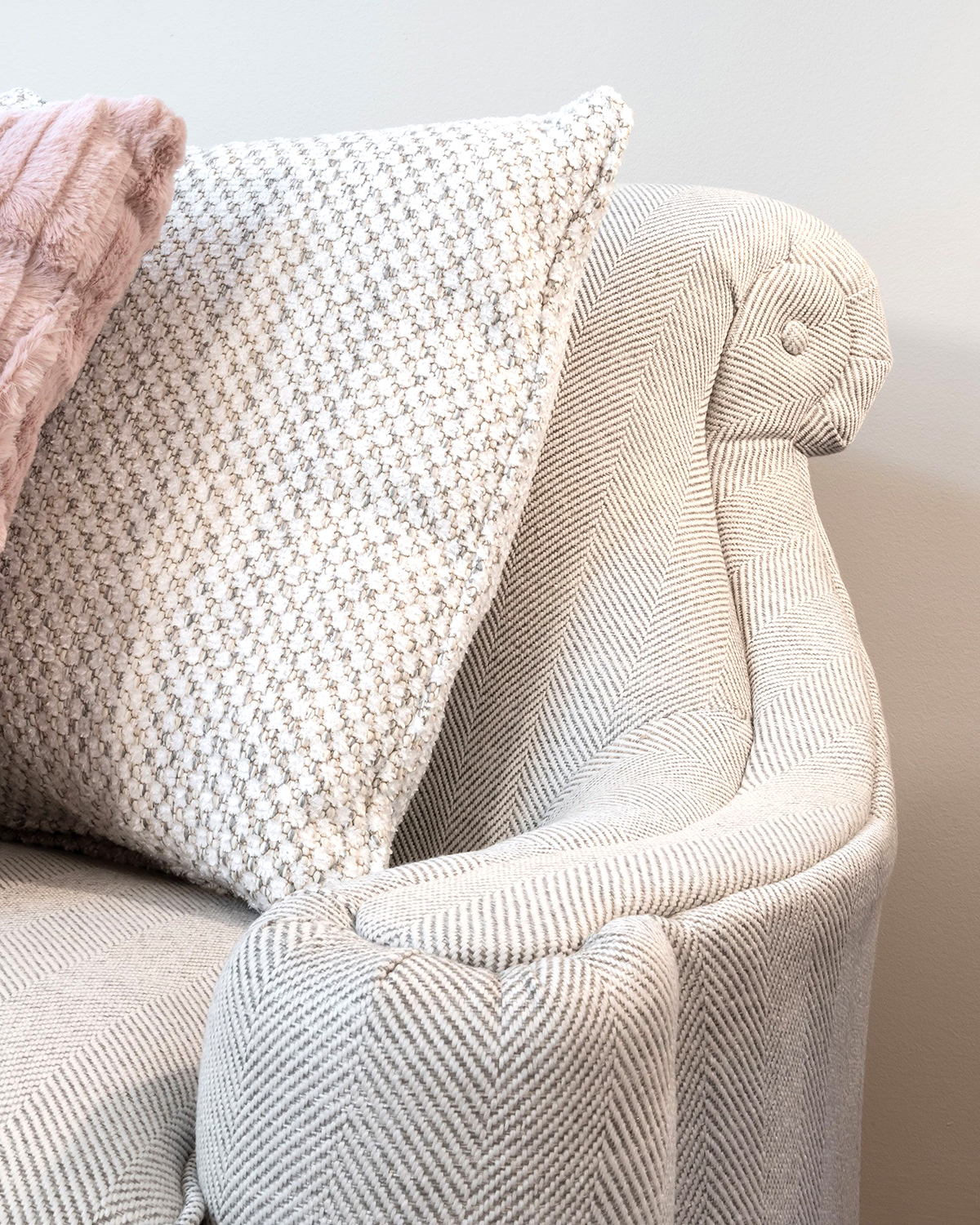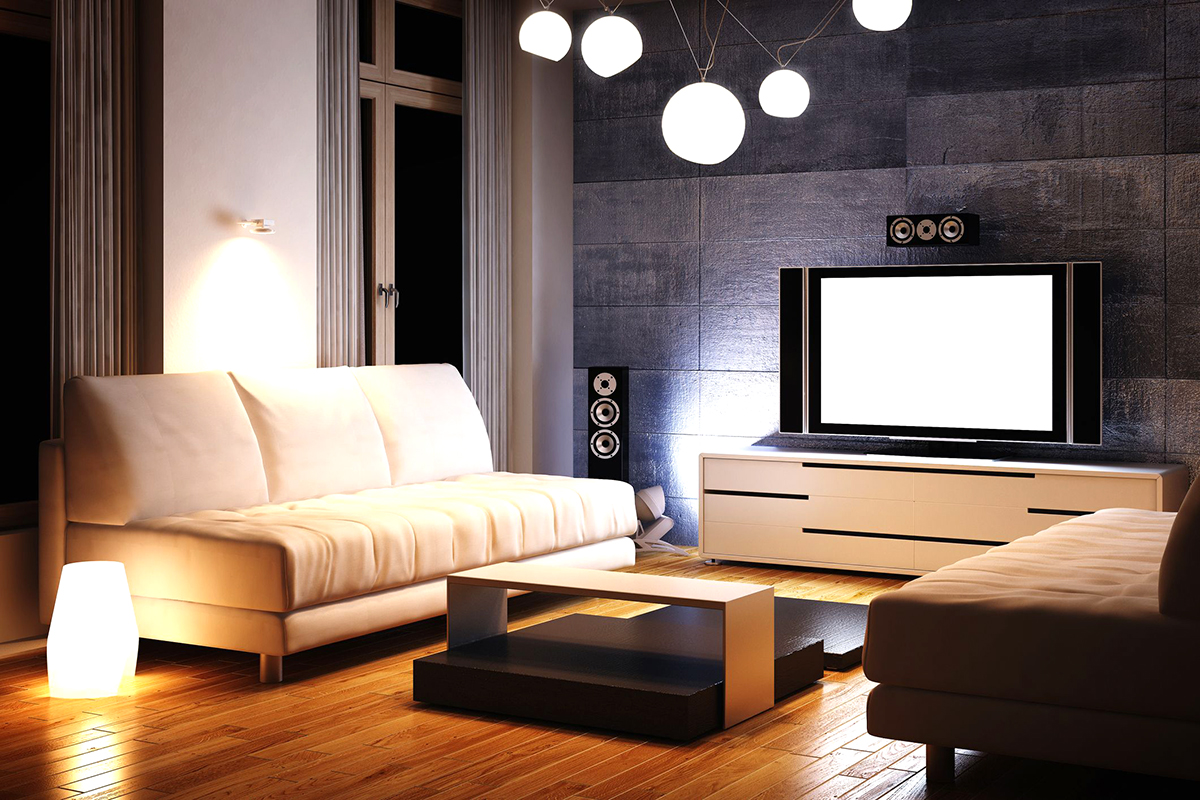WRITER | EMELL DERRA ADOLPHUS
PHOTOS| DESMOND LOVE
The annual week-long Detroit Design Festival in September has been reimagined as the Detroit Month of Design. The festival’s architect, Design Core Detroit (formerly the Detroit Creative Corridor Center), announced the change earlier this year as a natural progression of the event after Detroit’s designation as a UNESCO City of Design.
In addition to the festival’s marquee events such as Eastern Market After Dark, Youth Day, the Design Summit, and Light Up Livernois, a month-long celebration will better serve Design Core’s mission to support design-driven businesses and create a more cohesive experience between the public and its community partners.
“The mission of Design Core Detroit is to champion design-driven businesses and tell Detroit’s design story locally and globally, and Detroit Month of Design does just that,” explains Olga Stella, executive director of Design Core Detroit. “As one of 50 projects from the Detroit City of Design Action Plan, Month of Design is an inclusive platform for designers, organizations, and businesses to come together and showcase Detroit talent on a national and international platform.”
Located in the College for Creative Studies’ A. Alfred Taubman Center for Design Education, Design Core provides design-driven start-ups a technology-rich workspace for cultivating their business plans. Through its Creative Ventures Program, start-ups receive cross-business support, shared resources, and strategic planning with other Design Core members.
Last year, Design Core received a $1 million grant from the John S. and James L. Knight Foundation toward its mission of mobilizing and strengthening Detroit’s creative economy. With its rebranding as Design Core Detroit, the organization is also refocusing on developing programming and resources that will help the creative professionals and businesses attracted to its festival events flourish.
“I think it’s an educational opportunity to show people, ‘Hey, Detroit is back, and we are fierce; we have this amazing network and team of designers that are in the city. Use them. They are here,” says Rachel Nelson, principal designer and cofounder at RL Conceiti, a Detroit-based interior design firm. During one of Design Core’s monthly Drinks x Design social events, Nelson and her Conceiti colleagues got the opportunity to present design from a branding perspective to explain how design can be a crucial tool in developing a business plan. “A lot of times in the Detroit community, I think that design is really misunderstood. It’s taken to be more of a luxury, almost frivolous. This has really opened a ton of doors and has given us a platform to talk about branding in a very approachable way.”
In recent years, the Detroit Design Festival events have attracted upwards of 25,000 people. Since its founding nearly eight years ago, attendance and vendors have steadily grown. But instead of focusing on quantity when it comes to designers, Design Core is taking steps to focus on quality as a month-long event.
Upon Detroit receiving its UNESCO City of Design designation in 2015, the first US city to have one, Design Core unveiled a ten-year plan to collaborate with local government, academia, and the community for sustainable urban development in Detroit.
“Detroit is trying to grow and be something amazing, and it can be something amazing. So we went after the designation because it’s part of that hustle and grit that is attractive to the outside. We wanted people to see that,” says Chandra Moore, founder and director of design at coG-studio LLC and a previous Design Core board member. “We went after it with that in mind.”
Born and raised in San Francisco, Moore already had ten years’ experience as an architect — including working as lead designer on the pavilions at the Detroit Riverwalk and the child-parent rooms at St. Jude’s Children’s Hospital — when an opportunity to get her business off the ground with Design Core (then the Detroit Creative Corridor Center) kept her in Detroit. She became one of the start-ups-in-residence, and today her firm is working on the renovation of the Charles T. Fisher mansion in Detroit for actor Hill Harper.
“Design Core has changed a lot,” says Moore, “in the same way that Detroit is changing. And it’s growing.”


